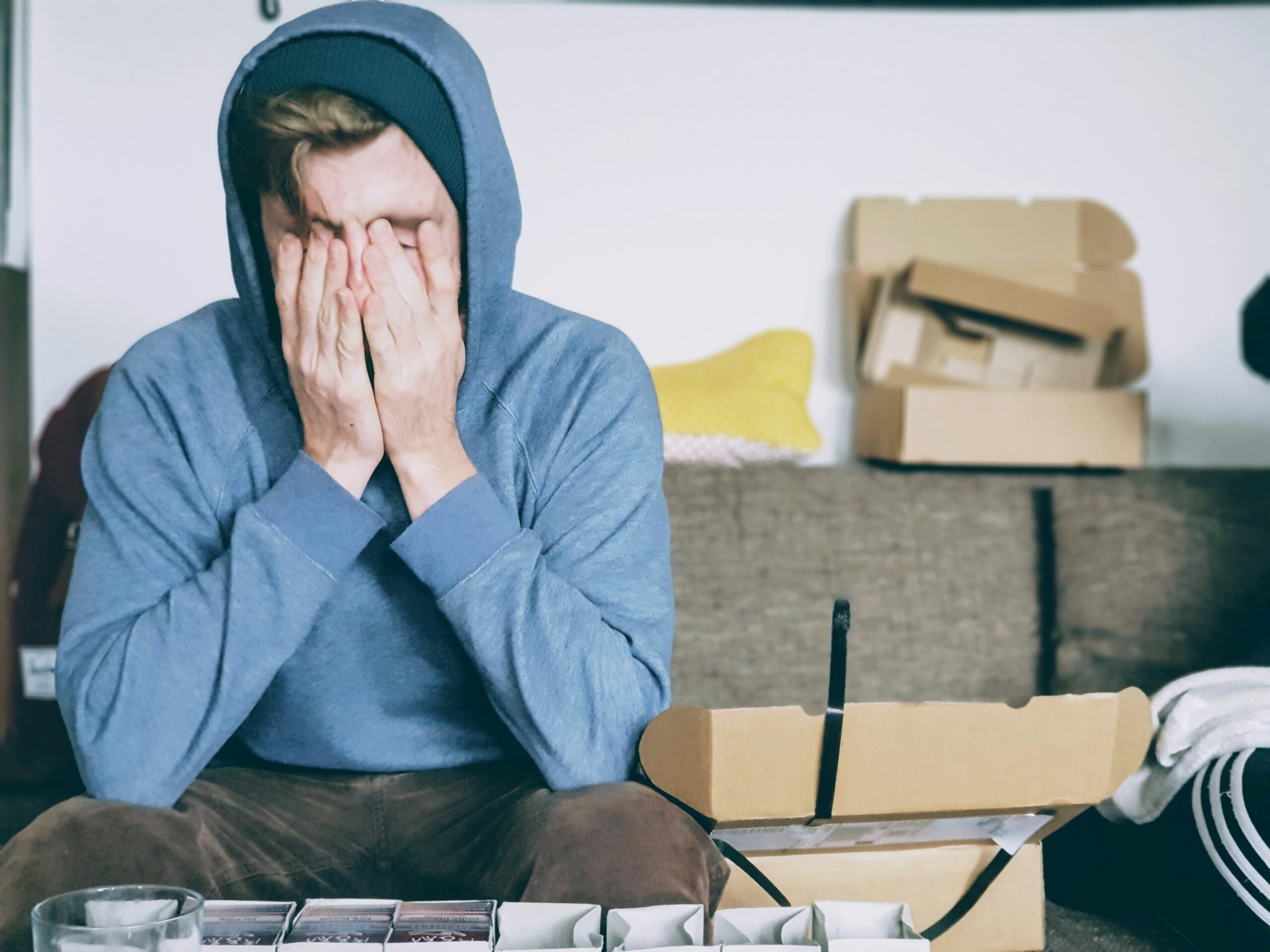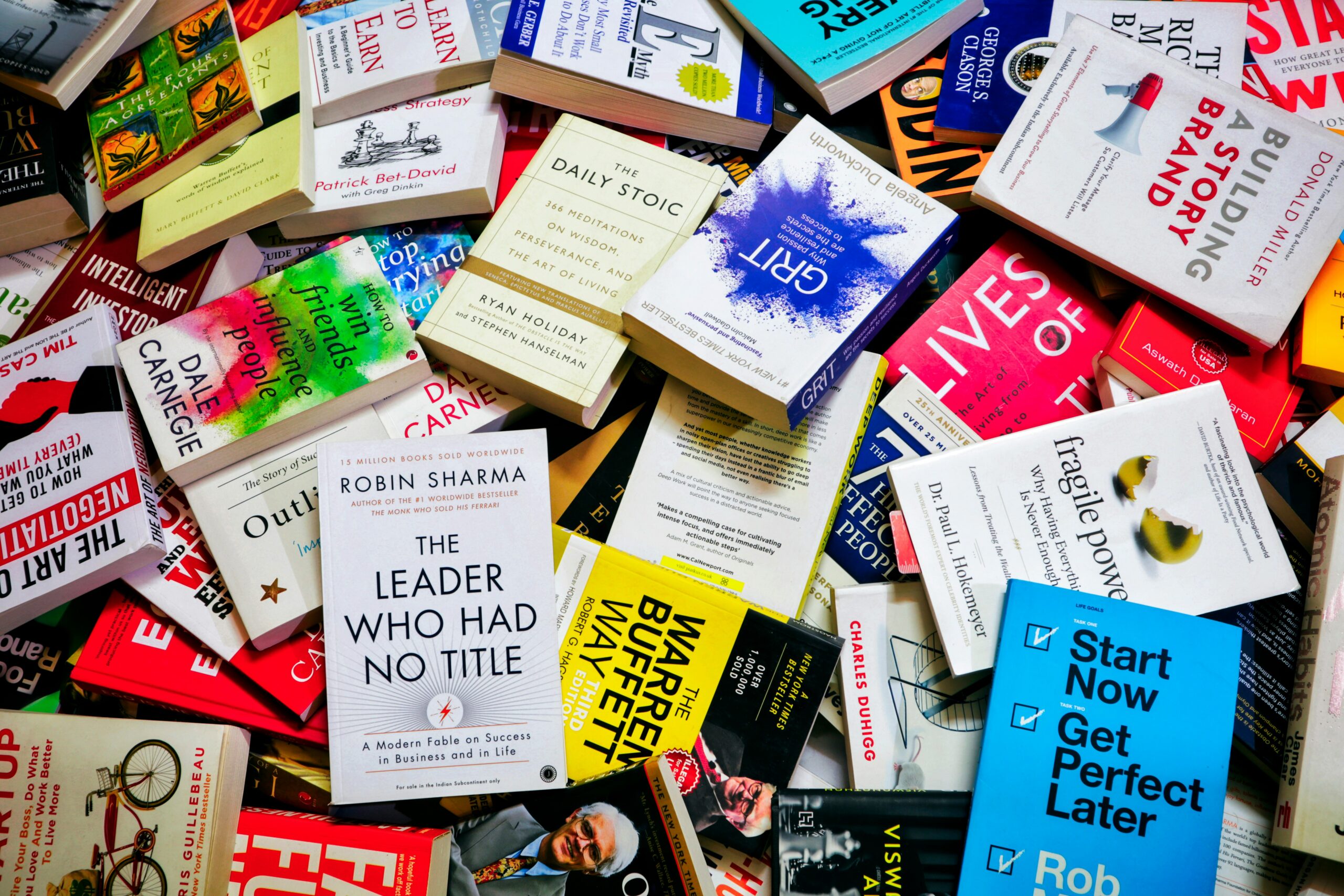
Why we should stop normalising mental illness
As I am writing this it is world mental health day. A lovely day by all means but a day that has made me notice something about the way people talk about mental illness on social media. I noticed that people keep using the word ‘normal’ or saying that they want to normalise mental health issues. I appreciate the sentiment behind this although I think the sentiment is being lost in translation and possibly doing more harm than good.
First things first, I don’t know anyone who would wish a mental illness on anyone, not even their worst enemy. It’s horrible and not something that you want to be normal in the world. And let’s remember that as prevalent as it is, there still are people on earth who don’t suffer with mental illness. So perhaps the word they are looking for is common, not normal. Mental illness is common.
It’s like when I see influencers posting about their bloated tummies on Instagram. Again, I greatly appreciate what they are trying to do. Most of the time, they are trying to show people that they are normal and don’t look perfectly skinny all the time. But what we are forgetting is that bloating is common, not normal. Bloating is usually a symptom of something else, it is a signal your body is giving you to say ‘hey, look at me! Something’s wrong!’. If it happens once off, sure, you can ignore it but if it happens chronically, that is not normal.
Plus, what will happen if we all convince ourselves that our mental health issues are ‘normal’? My fear is that it will stop people from healing. You can’t heal if there isn’t anything you think you need to heal from. With everyone misinterpreting what is and isn’t considered an illness, or what is and isn’t considered normal emotions, it could lead someone to be confused about their own mental state. So some people who are experiencing depression might ignore it because they think everyone has it or someone who experiences some occasional sadness may fear that they have depression when they actually don’t. The lines between normal emotion and mental illness are already sufficiently blurred.
Our words are a lot more important than we think so my first point is: let’s stop confusing common with normal.
Although it is worth mentioning that I think most people who say this online really mean to say to normalise talking about our mental health, which is a good thing. Lets just not confuse it with the other thing I said above. Opening conversations is not the same thing as normalising something. The point of starting conversations is to remind you that you are not alone, which is something that your anxious brain will try to convince you otherwise. Having any type of chronic illness (or combination of chronic illnesses) will try and convince you that you are the only person on earth that has this struggle. You aren’t, and this is where the conversation comes in.
Something else that I am hearing a lot of people talk about is that normalising mental illness can sometimes make people with diagnosed conditions feel delegitimised. I totally understand this point because as things get more popular, they kind of become buzz words. Like people use the word anxious a lot more now when they never used to before, or like how self-care has become a marketing tool for beauty products.
I also think that normalising the issue focuses too much on the issue. I’ve been in Facebook support groups that are really just people talking about how much illness sucks. I found that this doesn’t actually help but instead, being in positive environments that are solution focused and based on healing helps a whole lot more.
Moral of the story: we should focus on normalising mental, physical and emotional wellbeing, not normalising illness.
P.S. I have experienced clinically diagnosed anxiety and panic attacks so I am speaking from experience. But this is just my opinion and by no means do I think it is the only opinion or the only right opinion at that. Everyone is entitled to help however they see fit and as I said, the intention behind it is almost always good.
P.P.S. It’s funny how your opinions change and evolve. I did a post on world mental health day in 2016 and I barely resonate with what I said anymore. The writing reflects the place in my life that I was at. In 2016, I was still very much in the middle of suffering and now I am very much in the middle of healing. There is a huge different. If anything, this has shown me how far I have come in 4 years and it’s making me very proud.







